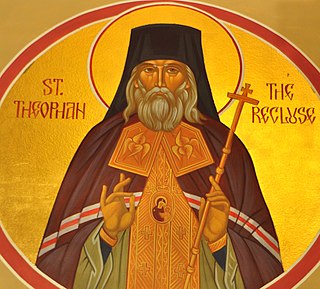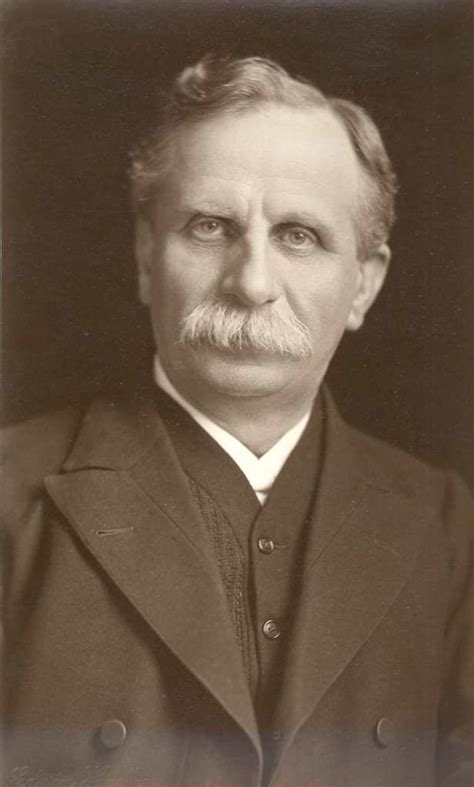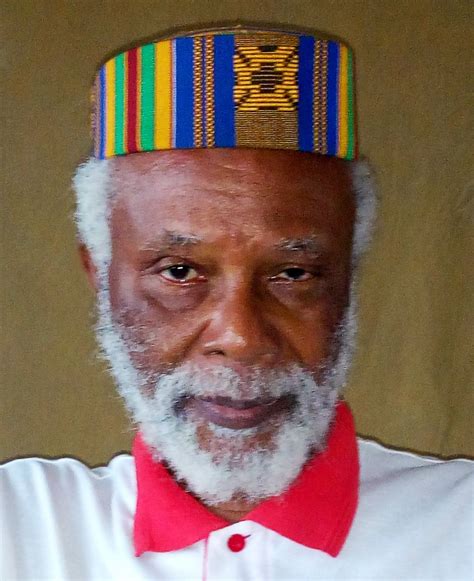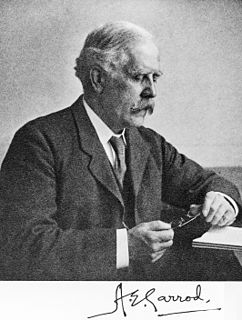A Quote by Michael Polanyi
Admittedly, the body of scientists, as a whole, does uphold the authority of science over the lay public. It controls thereby also the process by which young men are trained to become members of the scientific profession.
Related Quotes
The responsibility for the creation of new scientific knowledge - and for most of its application - rests on that small body of men and women who understand the fundamental laws of nature and are skilled in the techniques of scientific research. We shall have rapid or slow advance on any scientific frontier depending on the number of highly qualified and trained scientists exploring it.
The chief evil with relation to the body is love for the body and pitying it. This takes away all the soul's authority over the body and makes the soul the slave of the body. And on the contrary, one who does not spare the body will not be disturbed in whatever he does by apprehensions born of blind love of life. How fortunate is one who is trained to this from childhood!
Historians of a generation ago were often shocked by the violence with which scientists rejected the history of their own subject as irrelevant; they could not understand how the members of any academic profession could fail to be intrigued by the study of their own cultural heritage. What these historians did not grasp was that scientists will welcome the history of science only when it has been demonstrated that this discipline can add to our understanding of science itself and thus help to produce, in some sense, better scientists.
One could count on one's fingers the number of scientists throughout the world with a general idea of the history and development of their particular science: there is none who is really competent as regards sciences other than his own. As science forms an indivisible whole, one may say that there are no longer, strictly speaking, scientists, but only drudges doing scientific work.
The central objective in decolonising the African mind is to overthrow the authority which alien traditions exercise over the African. This demands the dismantling of white supremacist beliefs, and the structures which uphold them, in every area of African life. It must be stressed, however, that decolonisation does not mean ignorance of foreign traditions; it simply means denial of their authority and withdrawal of allegiance from them.
Nevertheless, scientific method is not the same as the scientific spirit. The scientific spirit does not rest content with applying that which is already known, but is a restless spirit, ever pressing forward towards the regions of the unknown, and endeavouring to lay under contribution for the special purpose in hand the knowledge acquired in all portions of the wide field of exact science. Lastly, it acts as a check, as well as a stimulus, sifting the value of the evidence, and rejecting that which is worthless, and restraining too eager flights of the imagination and too hasty conclusions.
It is part of the moral tragedy with which we are dealing that words like 'democracy,' 'freedom,' 'rights,' 'justice,' which have so often inspired heroism and have led men to give their lives for things which make life worthwhile, can also become a trap, the means of destroying the very things men desire to uphold.
It's for scientists to lay out the data and lay out what they think, and then it's for the public to make up its own mind. We don't live in a priesthood where some small group imposes its views on other people - that's not the way that science works, and it's not the way a democratic society should work.
The private motives of scientists are not the trend of science. The trend of science is made by the needs of society: navigation before the eighteenth century, manufacture thereafter; and in our age I believe the liberation of personality. Whatever the part which scientists like to act, or for that matter which painters like to dress, science shares the aims of our society just as art does.



































